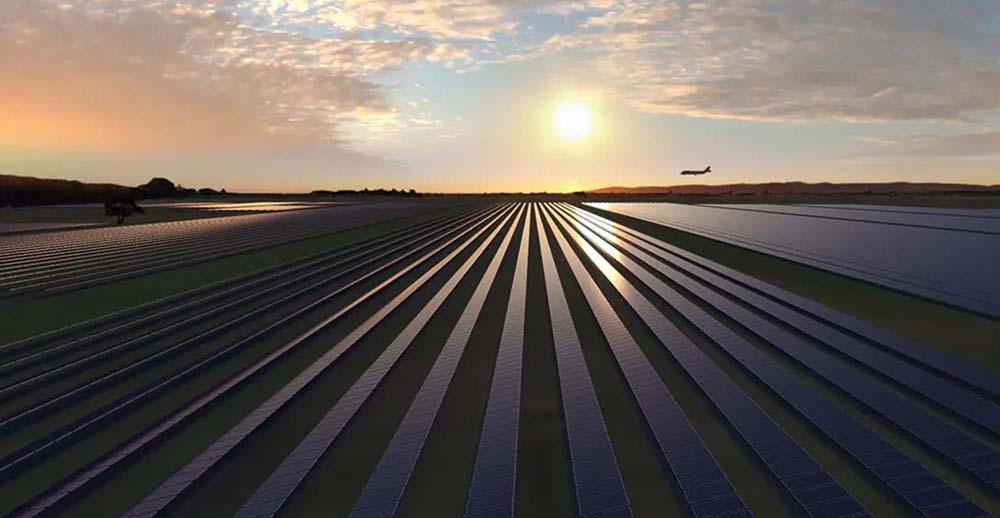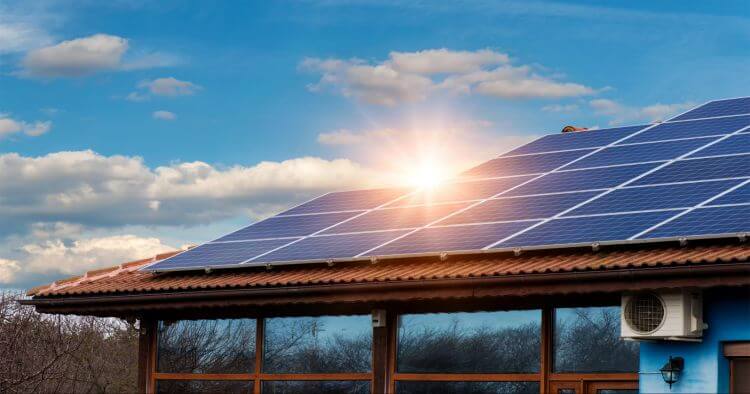In recent years, South Africa has implemented several policies to promote the solar energy industry. One of the most significant policies is the Renewable Energy Independent Power Producer Procurement Program (REIPPPP), which was launched in 2011. Under this program, the government invites independent power producers to bid for contracts to develop renewable energy projects, including solar energy. This has led to the construction of several large-scale solar power plants throughout the country.

According to data from the International Renewable Energy Agency (IRENA), South Africa has seen significant growth in its solar energy capacity. In 2020, the country had a total installed solar capacity of 3,733 MW, which accounted for approximately 2.6% of the country's total electricity generation. Currently, the solar mounting industry in South Africa is still in its infancy. However, strong governmental support combined with a growing awareness of the need to shift to renewable energy sources is set to propel this industry forward. The government has set a target to increase the share of renewable energy in the country's total power generation to 42% by 2030, and solar energy is expected to play an important role in achieving this goal.South Africa has a wealth of renewable energy resources, including ample solar power potential. The country boasts an ideal climate for solar energy production, with abundant sunshine and a great deal of open space that could be used for solar installations. As a result, the South African solar mounting industry also is poised for significant growth in the coming years.
The South African government has also implemented various incentives to encourage the installation of rooftop solar panels by households and businesses. These incentives include tax credits and net metering, which allows households and businesses to sell excess energy generated by their solar panels back to the grid.

The potential market size for the South African solar mounting industry is vast. According to the International Energy Agency (IEA), South Africa has the potential to develop up to 145 GW of solar power capacity, which is more than enough to power the country's entire electricity grid. This creates a huge opportunity for solar mounting manufacturers and suppliers looking to tap into the growing demand for renewable energy solutions in the country.
Furthermore, the South African government has implemented a number of incentive programs to encourage the adoption of renewable energy solutions. These incentives include feed-in tariffs, tax rebates, and various loan and grant programs to support the development of the industry.
In conclusion, the South African solar mounting industry has significant growth potential in the years to come. With strong governmental support, ambitious renewable energy targets, and a vast potential market size, the future looks bright for manufacturers and suppliers looking to enter this rapidly expanding industry.

 Xiamen TopFence Co.,Ltd.
Xiamen TopFence Co.,Ltd. No. 77, LingXia South Road, Huli District, Xiamen City, Fujian, China
No. 77, LingXia South Road, Huli District, Xiamen City, Fujian, China Tel: +8613365923720
Tel: +8613365923720
 Email: info@xmtopfence.com
Email: info@xmtopfence.com
 IPv6 network supported Sitemap
| XML
| Blog
| Privacy Policy
IPv6 network supported Sitemap
| XML
| Blog
| Privacy Policy


